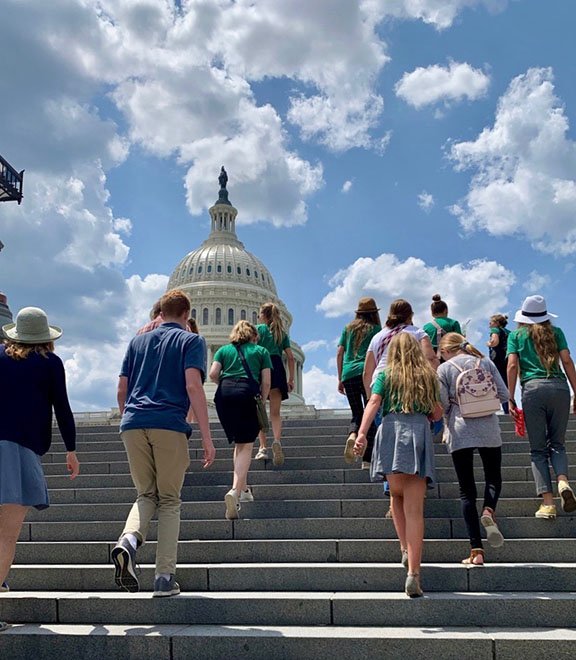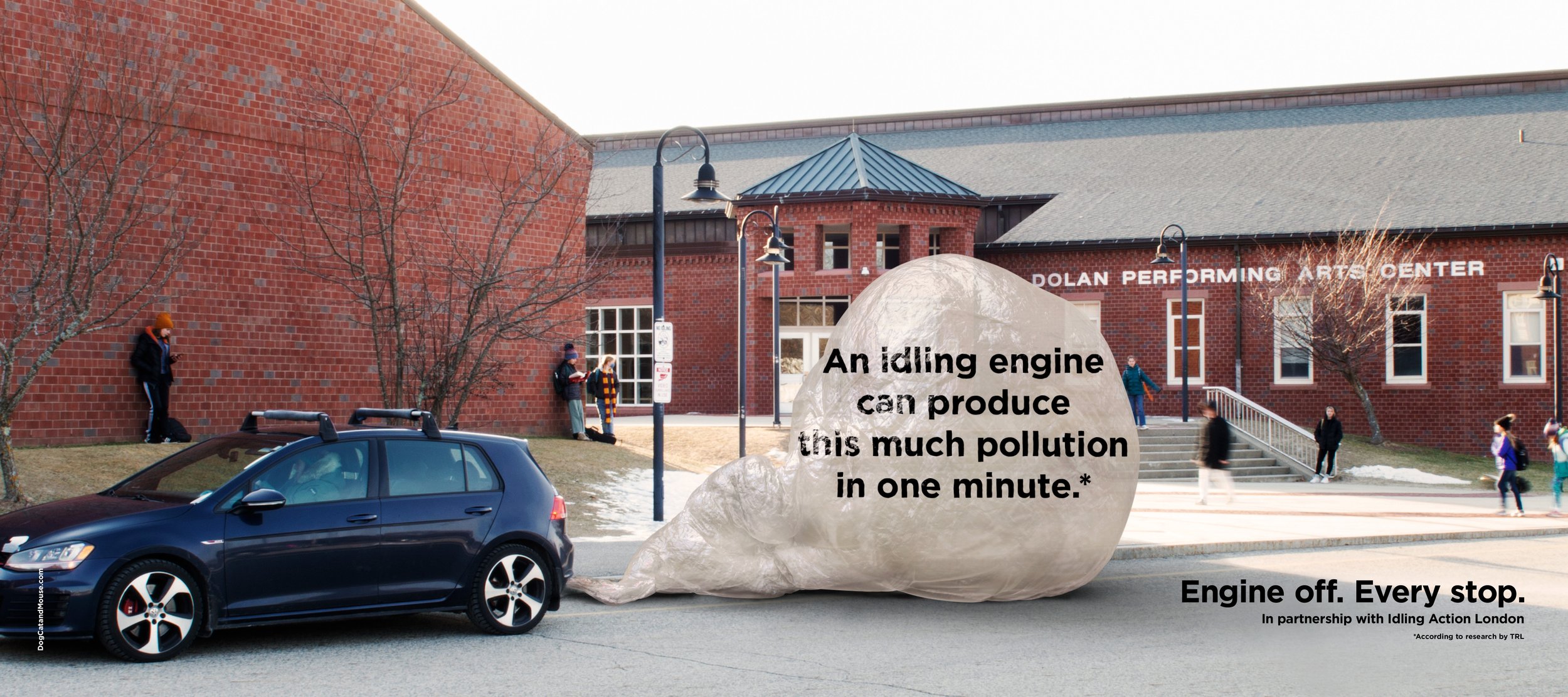
10 years ago Ipswich Sustainable Education programs were only ideas. Today ISE is impacting 4 schools and over 1,850 K-12 students through innovative and rigorous hands-on sustainable education. We believe the best ideas are developed in community, not in isolation—YOU play an essential role in supporting sustainable education in the Ipswich Public Schools.
With the help of Ipswich Education Foundation, we are creating an environment where students can realize their incredible potential and become the change agents and problem solvers that our community needs.

2021 Massachusetts Secretary’s Award for Excellence in Energy and Environmental Education
2018 Winners of the EPA’s Environmental Youth Award
Green Team
in the community:
•Design and build of over 1/2 acre garden sites at schools with community partner support
•Design and implement Generation Growers community initiative
•Grow and provide fresh produce for local families and food pantries
•Gardens provide Community Service hours, Special Ed programs such as SAIL and YACHT
•Partner and volunteer with Council on Aging, New England Biolabs, Tedfords, GATHR, YMCA, 3 Sisters Garden Project, Open Door, Corliss Brothers, Rotary, Agricultural Commision, Zumi’s, Appleton Farms, and the Dinner Bell
•Run Electronic Recycling Events with Ipswich Waste Reduction Committee
•Awarded Feoffee Payne grant for Ipswich Farm to School planning https://www.dropbox.com/s/sn1xfuoclgzyemy/Ipswich%20Final%20Report.docx.pdf?dl=0,
•Implemented a Community Chef Culinary Series
•Designed and produced Community Garden Supper Series, serving over 100
•Built UseOne campaign and 4Ocean promotion to educate public on plastics
•Brought awareness to help pass the plastic bag and styrofoam ban
•Textile Bin and Waste Reduction awareness
•Educating sustainability in the community through art, film, and social media
Green thinkers in the classroom:
•Run Green Teams from 4th to 11th grade
•Change Is Simple funding and programming http://www.changeissimple.org
•Lil’Greenies ACE and DEEP sustainability programs for grades K-5
•Professional development for teachers to Shelburne Farms VT
•Ipswich Farm to School Plan
•Design and build of Generation Growers- 1/2 acre garden classroom https://www.dropbox.com/s/hip2wgm216db3zg/movieGG.mov?dl=0,
•Teachers/staff support of school garden resources
•GreenTeam change agents at STEAM, school events and Science Fairs
•Established composting in elementary classrooms
•Implemented Color Cycle, a nationwide marker recycling program https://www.crayola.com/colorcycle.aspx
•Weekly Green writing to raise awareness
•Field trips to Green Works Recycling, local composting facilities and farms
Green Teams in the Cafeteria:
•Implementing across district “Harvest of the Month”
•Providing fresh grown produce for cafeterias
•Set up comprehensive composting/recycling at all schools
•Organized Russell Orchard apples to the elementary schools
•Funded ovens for Winthrop kitchen
•Fund compostable trays and serving products districtwide
•Obtained 15K from the YMCA for an Ipswich Food Service Director 2015
•Funded multiple water filling stations at all schools
•Lobbied for more composting resources
•Reducing single-use plastics at all campuses and collaborating with FS Director on source waste reduction
•Provide education and awareness with signage, teaching-in cafeterias.

FAQs
1.Climate change? Global warming? What do we call it?
Both are accurate, but they mean different things.
You can think of global warming as one type of climate change. The broader term covers changes beyond warmer temperatures, such as shifting rainfall patterns. President Trump has claimed that scientists stopped referring to global warming and started calling it climate change because “the weather has been so cold” in winter. But the claim is false. Scientists have used both terms for decades.
4.How do we know humans are responsible for the increase in carbon dioxide?
This one is nailed down.
Hard evidence, including studies that use radioactivity to distinguish industrial emissions from natural emissions, shows that the extra gas is coming from human activity. Carbon dioxide levels rose and fell naturally in the long-ago past, but those changes took thousands of years. Geologists say that humans are now pumping the gas into the air much faster than nature has ever done.
2.How much is the Earth heating up?
Two degrees is more significant than it sounds.
As of early 2017, the Earth had warmed by roughly 2 degrees Fahrenheit (more than 1 degree Celsius) since 1880, when records began at a global scale. The number may sound low, but as an average over the surface of an entire planet, it is actually high, which explains why much of the world’s land ice is starting to melt and the oceans are rising at an accelerating pace. If greenhouse gas emissions continue unchecked, scientists say, the global warming could ultimately exceed 8 degrees Fahrenheit, which would undermine the planet’s capacity to support a large human population.
5.Could natural factors be the cause of the warming?
Nope.
In theory, they could be. If the sun were to start putting out more radiation, for instance, that would definitely warm the Earth. But scientists have looked carefully at the natural factors known to influence planetary temperature and found that they are not changing nearly enough. The warming is extremely rapid on the geologic time scale, and no other factor can explain it as well as human emissions of greenhouse gases.
3.What is the greenhouse effect, and how does it cause global warming?
We’ve known about it for more than a century. Really.
In the 19th century, scientists discovered that certain gases in the air trap and slow down heat that would otherwise escape to space. Carbon dioxide is a major player; without any of it in the air, the Earth would be a frozen wasteland. The first prediction that the planet would warm as humans released more of the gas was made in 1896. The gas has increased 43 percent above the pre-industrial level so far, and the Earth has warmed by roughly the amount that scientists predicted it would.
6.Why do people deny the science of climate change?
Mostly because of ideology.
Instead of negotiating over climate change policies and trying to make them more market-oriented, some political conservatives have taken the approach of blocking them by trying to undermine the science.
The climate denialists’ arguments have become so strained that even oil and coal companies have distanced themselves publicly, though some still help to finance the campaigns of politicians who espouse such views.


